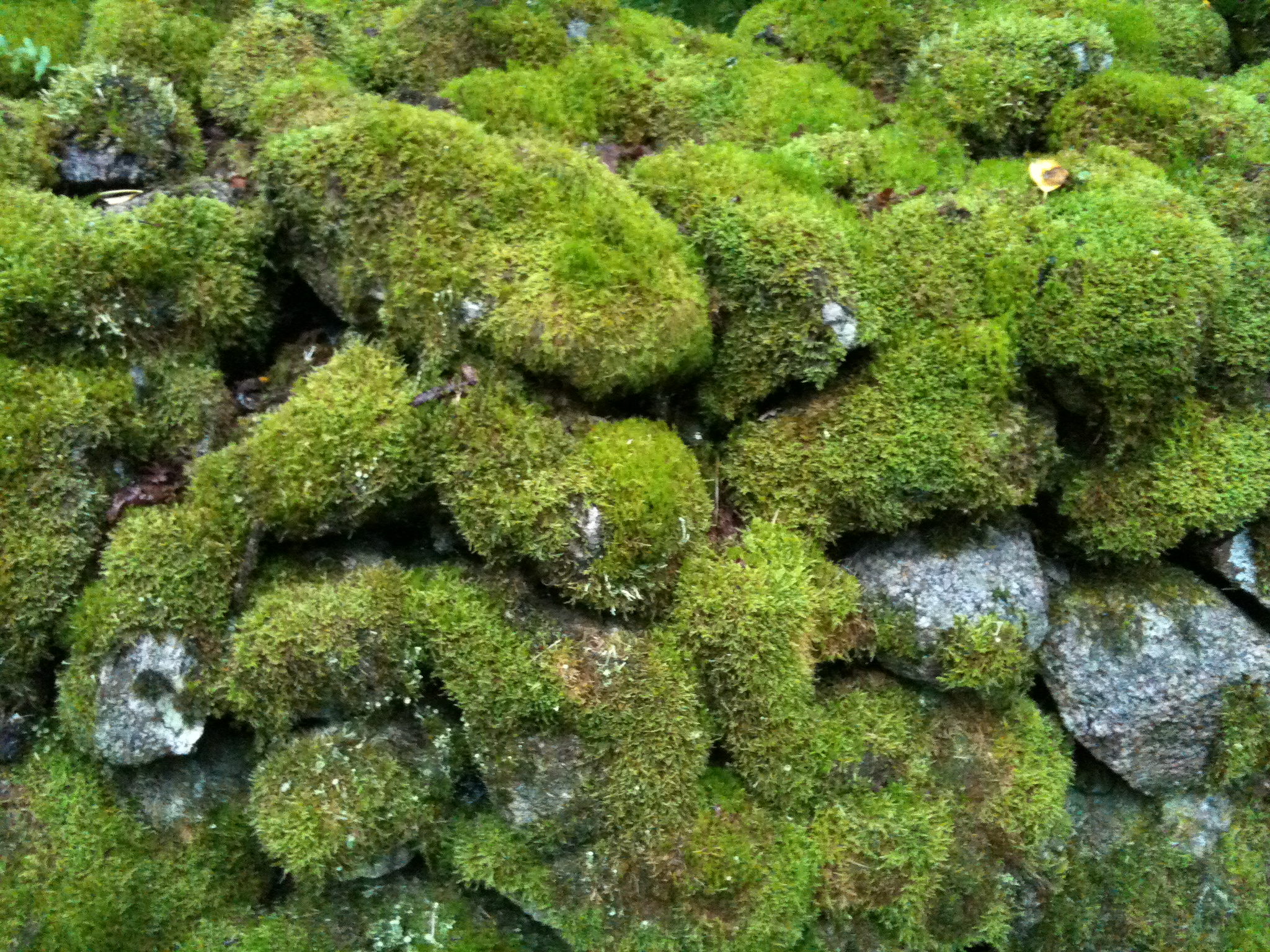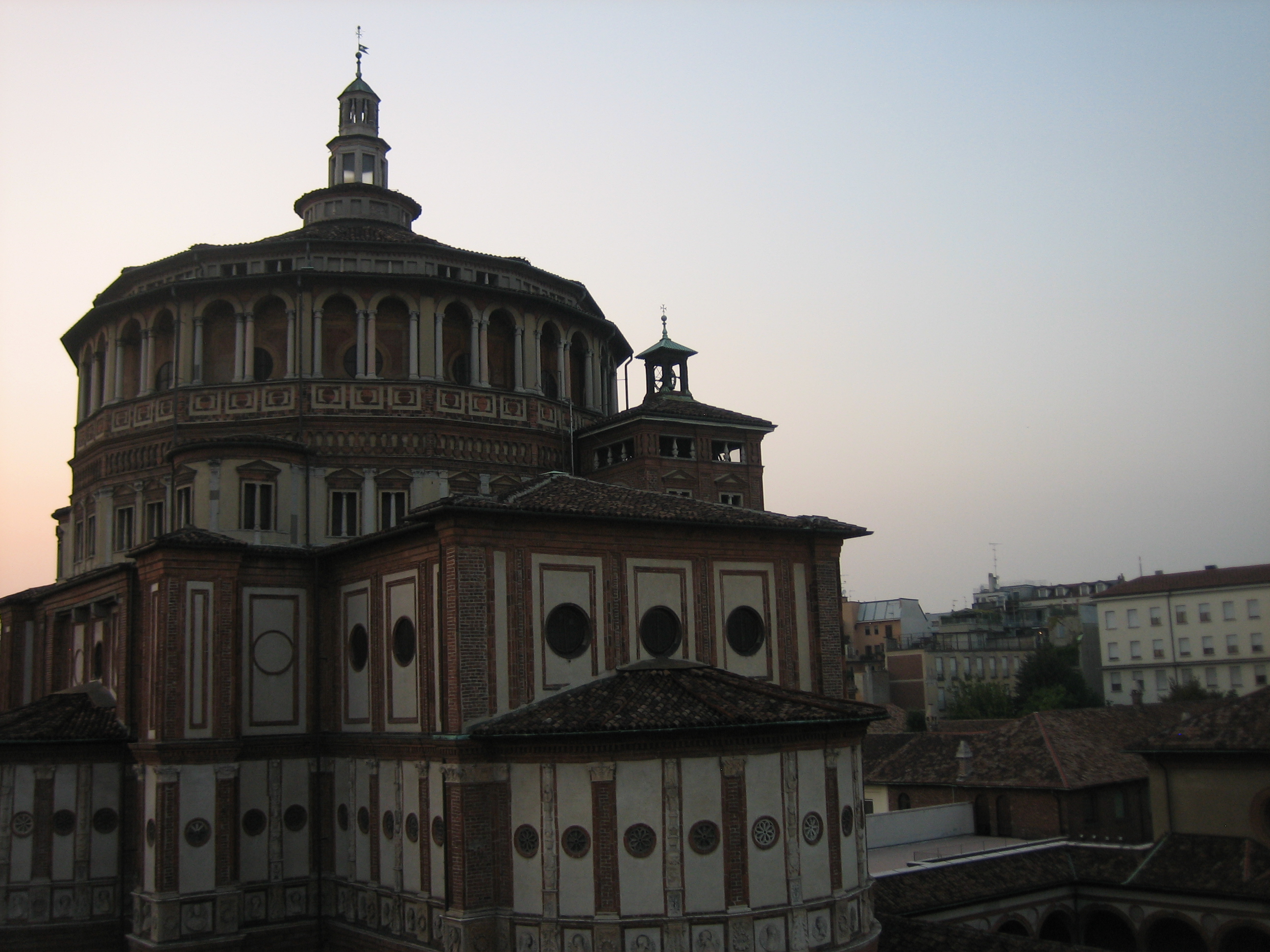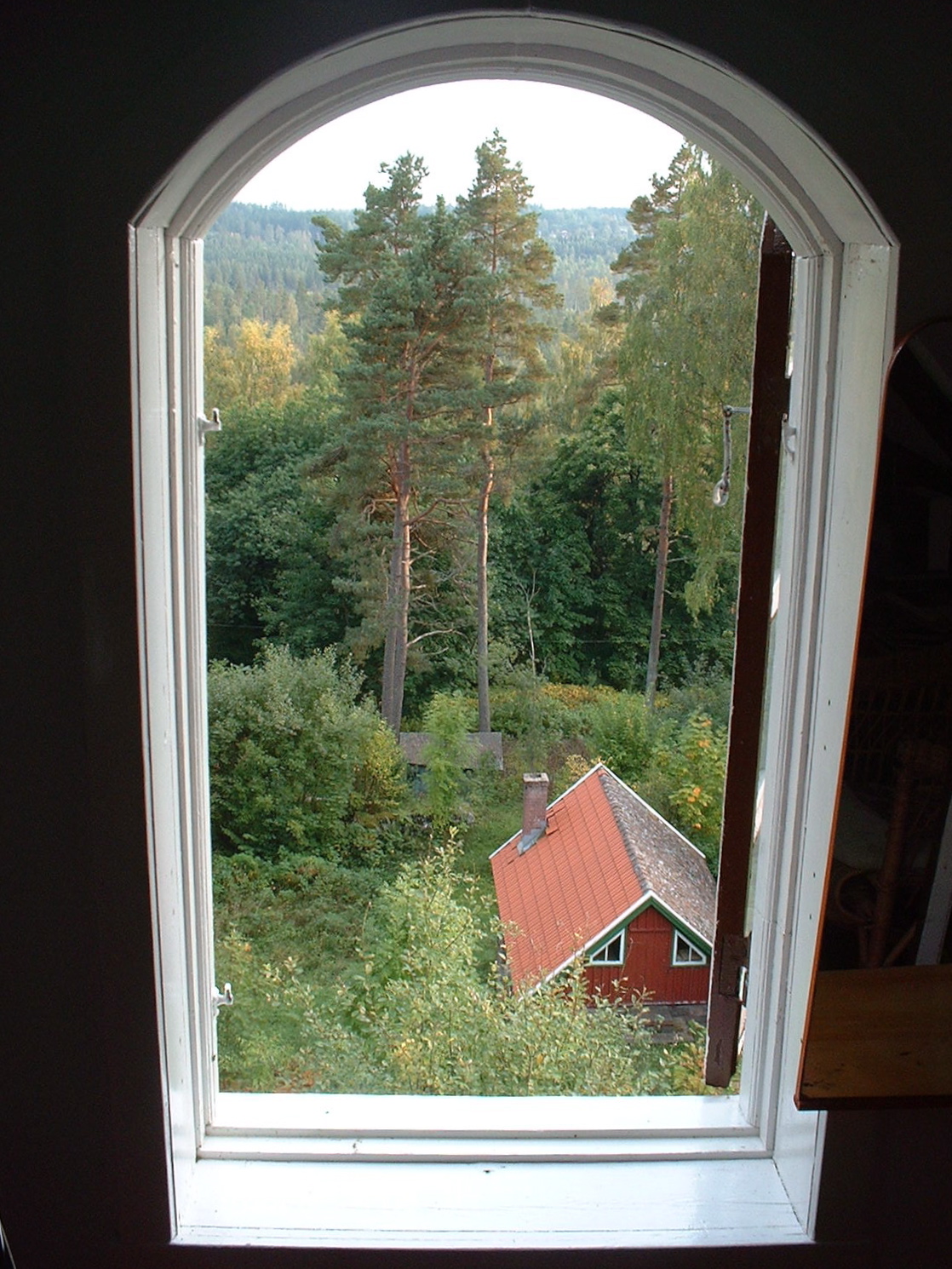
Concepts and Proto-Concepts in Cognitive Science (part 1)
11/12/13 • -1 min

In August of 2010 I gave two lectures as part of the annual Summer School of the Swedish Graduate School in Cognitive Science (SweCog; see http://www.swecog.se/summerschool.shtml). I was invited to speak on the topic "Cognition (or Consciousness) and Non-Conceptual Content", so I devoted the first lecture to getting clear on the nature of concepts. This allowed me to contrast conceptual content (which is, briefly: content that is articulable, recombinable, rational and deployable) with non-conceptual content, which was detailed in the second lecture (to follow).
Media:

In August of 2010 I gave two lectures as part of the annual Summer School of the Swedish Graduate School in Cognitive Science (SweCog; see http://www.swecog.se/summerschool.shtml). I was invited to speak on the topic "Cognition (or Consciousness) and Non-Conceptual Content", so I devoted the first lecture to getting clear on the nature of concepts. This allowed me to contrast conceptual content (which is, briefly: content that is articulable, recombinable, rational and deployable) with non-conceptual content, which was detailed in the second lecture (to follow).
Media:
Previous Episode

Painting an experience? How aesthetics might assist a neuroscience of sensory experience

IULM University, Milan, hosted a European Science Foundation Exploratory Workshop on "Neuroesthetics: When art and the brain collide" on the 24th and 25th of September, 2009. In my invited lecture, I departed significantly from my advertised title, instead using my time to introduce the audience to five strands in my research related to the intersection of neuroscience/cognitive science and art/creativity:
- Embodied creativity
- Enactive models of experience
- Synthetic phenomenology
- Interactive empiricism
- Art works/installations
Media:
- PodSlides: iPod-ready video (.mp4; 27 MB; 33 min 55 sec)
- Audio (.mp3; 15.6 MB; 33 min 51 sec)
- PowerPoint file (.pptx; 1.5 MB)
Further links:
- Workshop description
- Official workshop report
- "Beauty and the Brain: The Puzzle": An account of the workshop by author Tim Parks in the New York Review of Books blog
Next Episode

Concepts and Proto-Concepts in Cognitive Science (part 2)

As explained in the previous post, in August of 2010 I gave two lectures as part of the annual Summer School of the Swedish Graduate School in Cognitive Science (SweCog; see http://www.swecog.se/summerschool.shtml). The previous post contains the first of these lectures; this is part two. Near the end I showed a movie as a kind of dynamical specification of the non-conceptual content of visual experience modeled by the SEER-3 robot. This movie is not included in the PodSlide file; those interested in seeing it should download the supplementary file: "Non-conceptual content specification demo".
Media:
If you like this episode you’ll love
Episode Comments
Generate a badge
Get a badge for your website that links back to this episode
<a href="https://goodpods.com/podcasts/e-139526/concepts-and-proto-concepts-in-cognitive-science-part-1-6809166"> <img src="https://storage.googleapis.com/goodpods-images-bucket/badges/generic-badge-1.svg" alt="listen to concepts and proto-concepts in cognitive science (part 1) on goodpods" style="width: 225px" /> </a>
Copy




